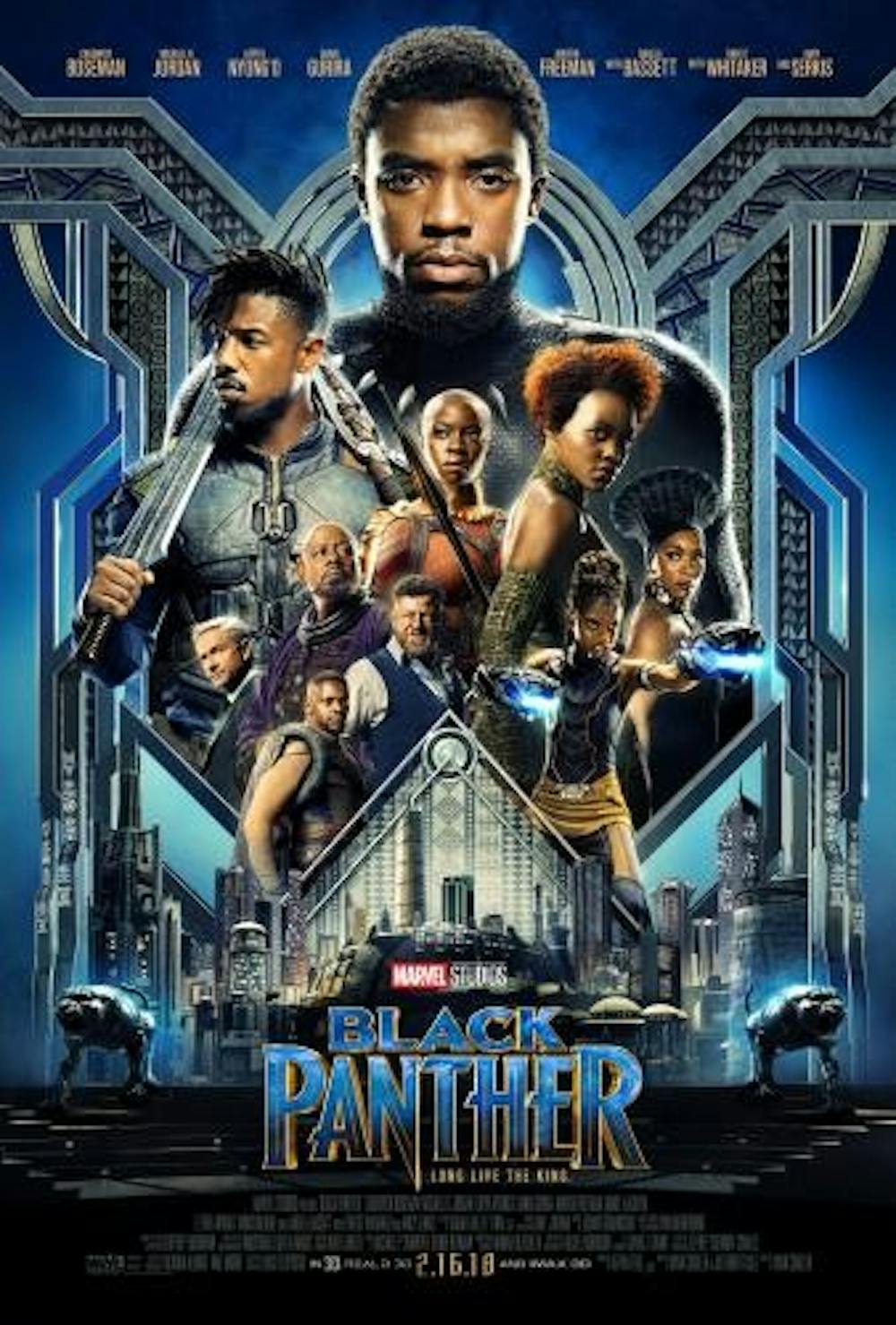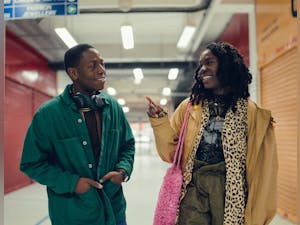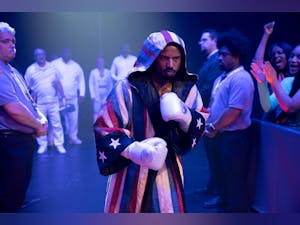From: Silver Screen
“Black Panther” is a watershed moment in pop culture

Marvel Studio's latest superhero film "Black Panther" premieres today.
Among conversations on contemporary pop culture, there is a consensus: a lack of representation is certainly holding back important stories from being told. Among conversations on cinema, there is a question: if movies are heralded as the universal and accessible art form than for whom are they accessible to? It is clear that we have reached a fever pitch in our society where the demands for equal representation in film is, perhaps finally, being met with real action.
It is not an exaggeration to say that perhaps our pop culture will be divided by the time before and after “ Black Panther” was released. It is truly that much of a remarkable watershed moment and achievement in representation. Make no mistake: this movie does not transcend the vast annals of cinema, but instead assumes a special place in pop culture. Simply put, it’s not winning any Oscars, but that’s okay.
Director Ryan Coogler of “Fruitvale Station” and “Creed” takes the directorial reins of “Black Panther,” a film that feels uniquely in line with his previous works on asking deeper and meaningful questions about society, tradition and change. That is truly what “Black Panther” is about: change. Changing of the guard, changing in traditions and changing in character. But while it explores changes it forces the viewer to address what it means to confront change using both violence and nonviolence. It seems as though Coogler has taken a tried and true formula for superhero movies and totally flipped it on its head: crafting a story that stands on its own—you really don’t need any prior knowledge of superheroes here—and one that will occupy a high (if not the highest) distinction in the Marvel canon.
The film follows the exploits of T’Challa, played by Chadwick Boseman. T’Challa is the Black Panther and heir to the throne of Wakanda, a technologically-advanced African nation that has opted to hide itself from the rest of the world. Central to the film’s conflict is whether or not T’Challa will decide to reveal the true Wakanda to the world or succumb to fears of exploitation of their technology and remain hidden. It is a strikingly deep plot point for a genre not known for championing deeper themes, yet this is what feels so engrossing about the film—its willingness to go there.
Enter Michael B. Jordan as antagonist Killmonger, whose sheer presence signals another conflict. Jordan represents the radical change that so many want to see. He doesn’t believe in waiting—he’ll do whatever it takes, no matter how violent or ruthless it seems. Killmonger truly represents a deeper conflict waged in the film. His goals aren’t to consume more power or transcend into a godly figure, but rather to lead a revolution for oppressed people. His fire and anger and sheer brutality create a villain that equates almost to Heath Ledger’s Joker in “The Dark Knight” but falls just short of reaching that greatness.
Contrast that with Chadwick Boseman as T’Challa, the idealistic yet tepid leader coming into his own. His constant second-guessing and uncertainty of his own powers and abilities leads to a performance that reminds us that superheroes have to make hard decisions, that not every day can end with blissful walks into the sunset. As T’Challa grapples with his newfound responsibilities, there’s an element of a young king destined for greatness that’s touched upon by Boseman’s wonderful performance.
The conflict between T’Challa and Killmonger is epic in scale and scope. While the action sometimes dragged on for too long and lacked a stylish flair seen in other movies (see “ Thor Ragnarok”), I was satisfied by the banter between the two and relished their screen time together as they both represent two different ideologies.
Special creedence should also be paid to the supporting cast: Lupita Nyong'o shines by bringing wit and an emotive acting style to a typical side-kick role while Danai Gurira delivers a stoic and intense performance. Andy Serkis as one of the side villains also shines with wit and humor, even if his screen time is brief. The entire supporting cast does a phenomenal job breaking out of usual type-cast roles. It would be an exhaustive exercise going through all of them, but they all play their respective parts well and forge out a uniqueness to them unseen in other superhero flicks.
On a rather disappointing note, I wish Kendrick Lamar’s soundtrack would have been utilized more. Fans of Kung Fu Kenny will be disappointed by the lack of songs. What is there satisfies enough, but leaves you wanting more. For any Kendrick fans seeing the movie: temper your excitement.
At the core of this movie is the passing of a torch; the grappling with a new reality, but an acknowledgement for a need to correct the status quo. Perhaps as the passing of a torch to a new generation is central to the theme of “Black Panther” a torch is also being passed to us, the movie consumers and pop culture subscribers. A torch signaling a change in how characters of all creeds are represented on the screen. Whether or not we take the torch and learn is up to us.
Grade: A-
“Black Panther” opens in theaters Feb. 16.




